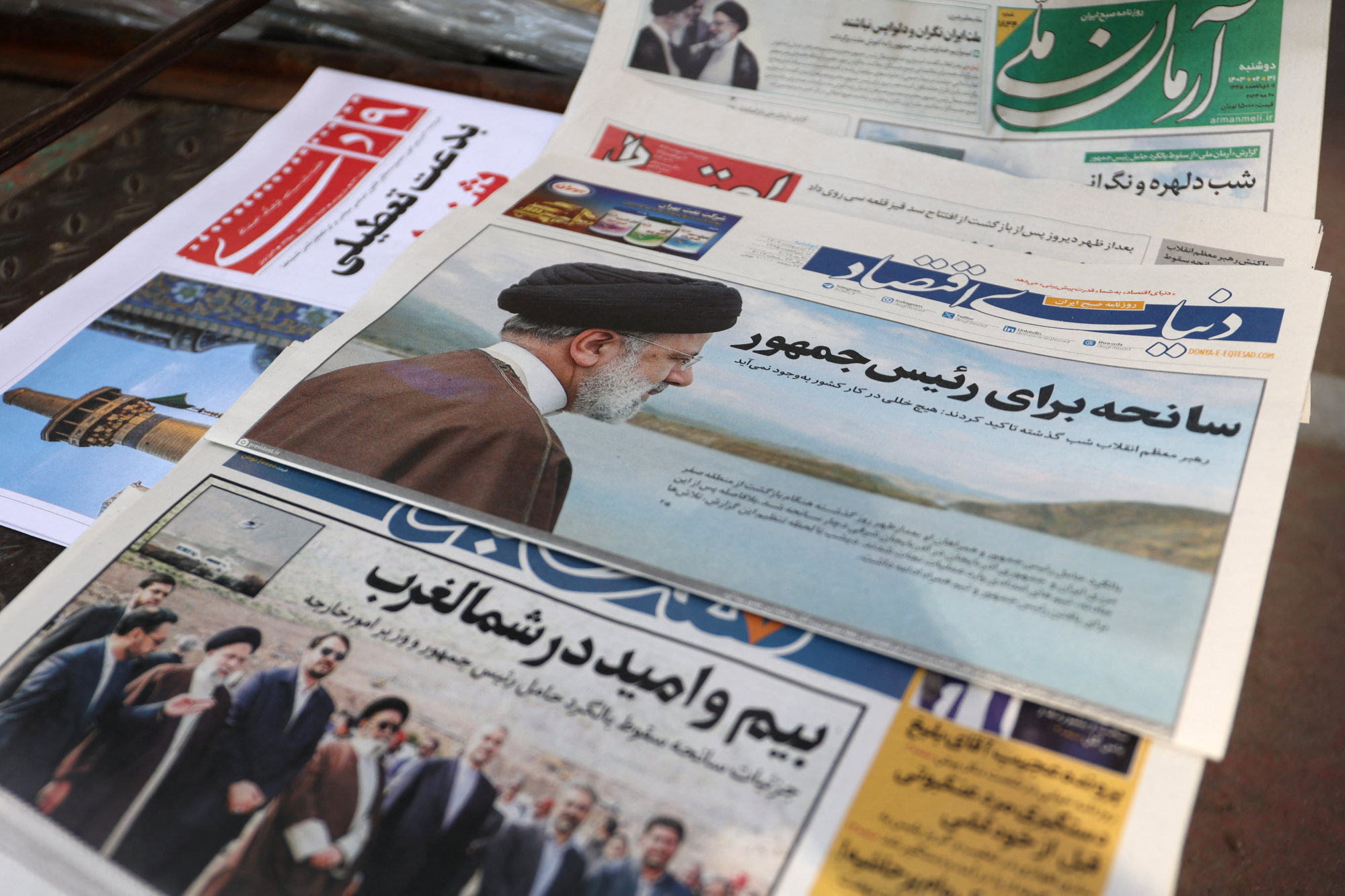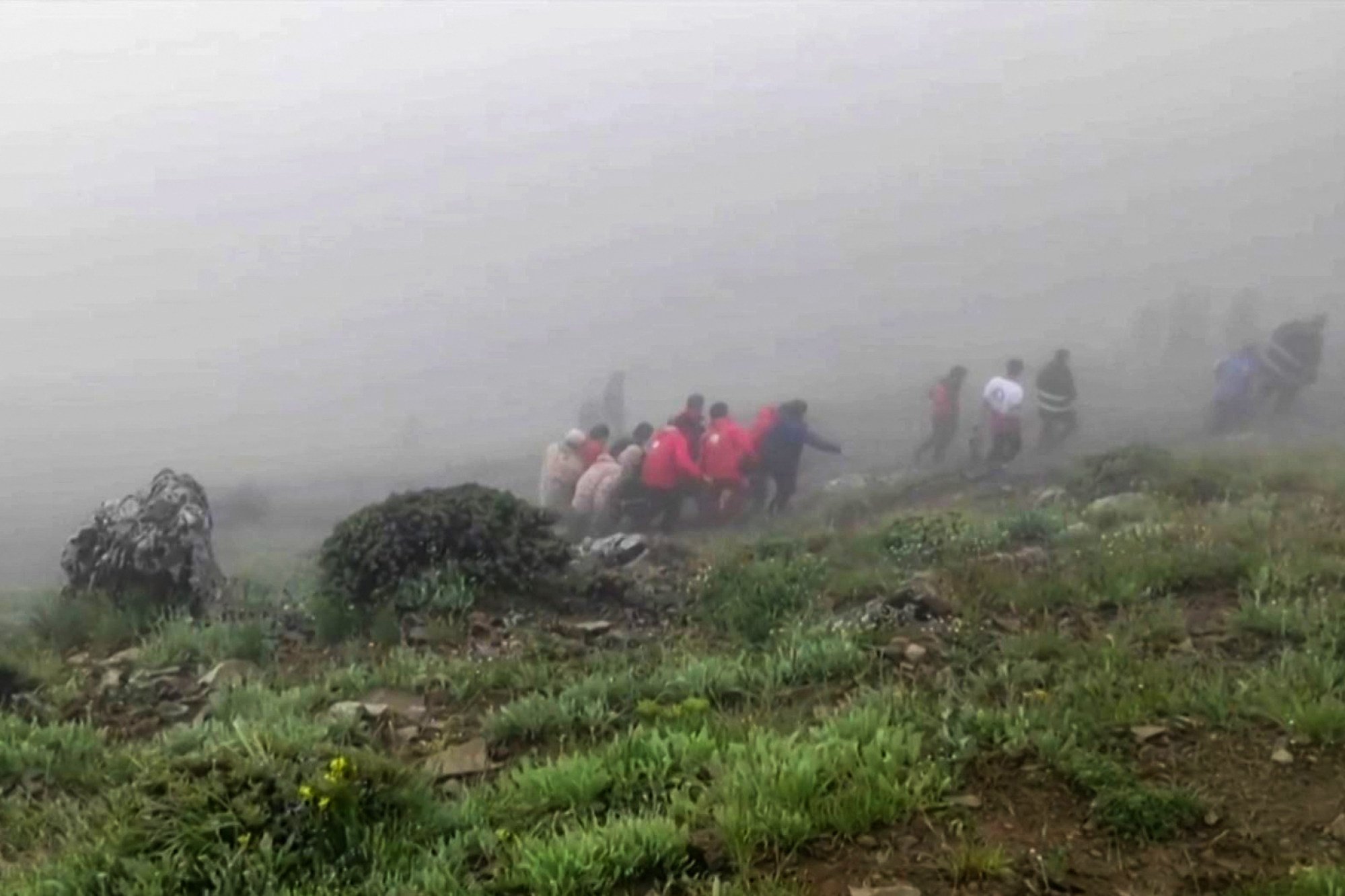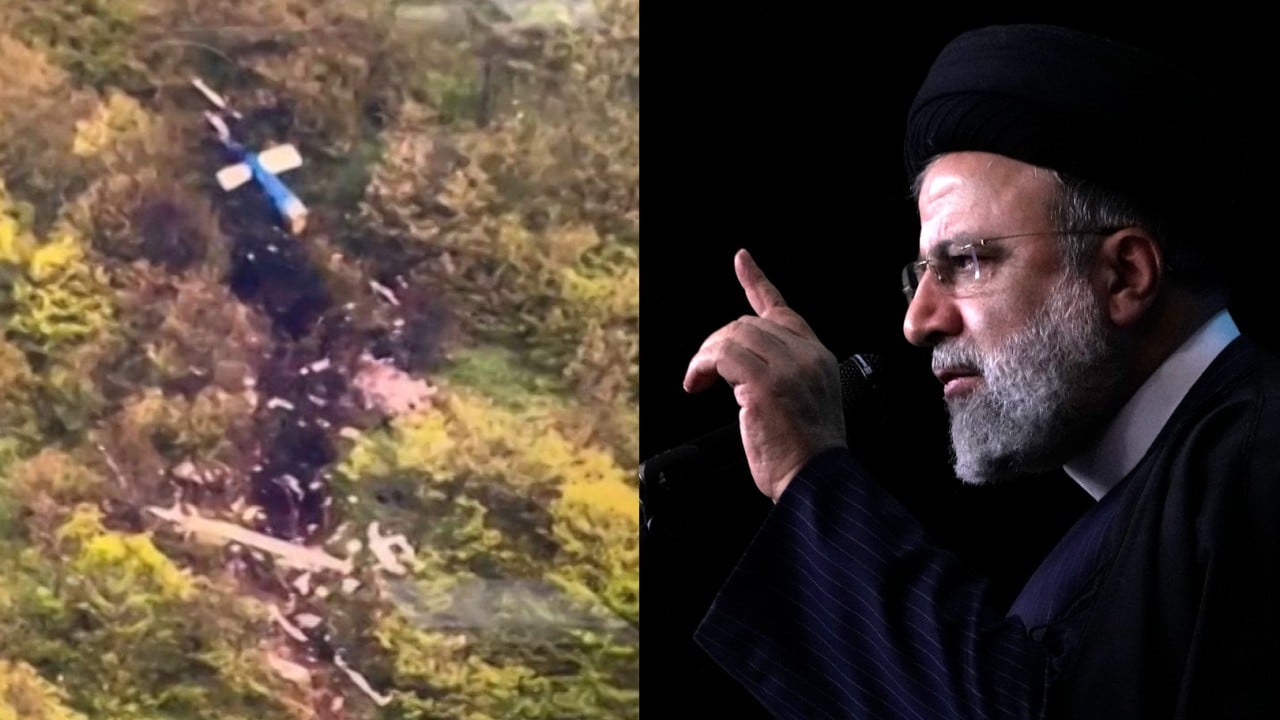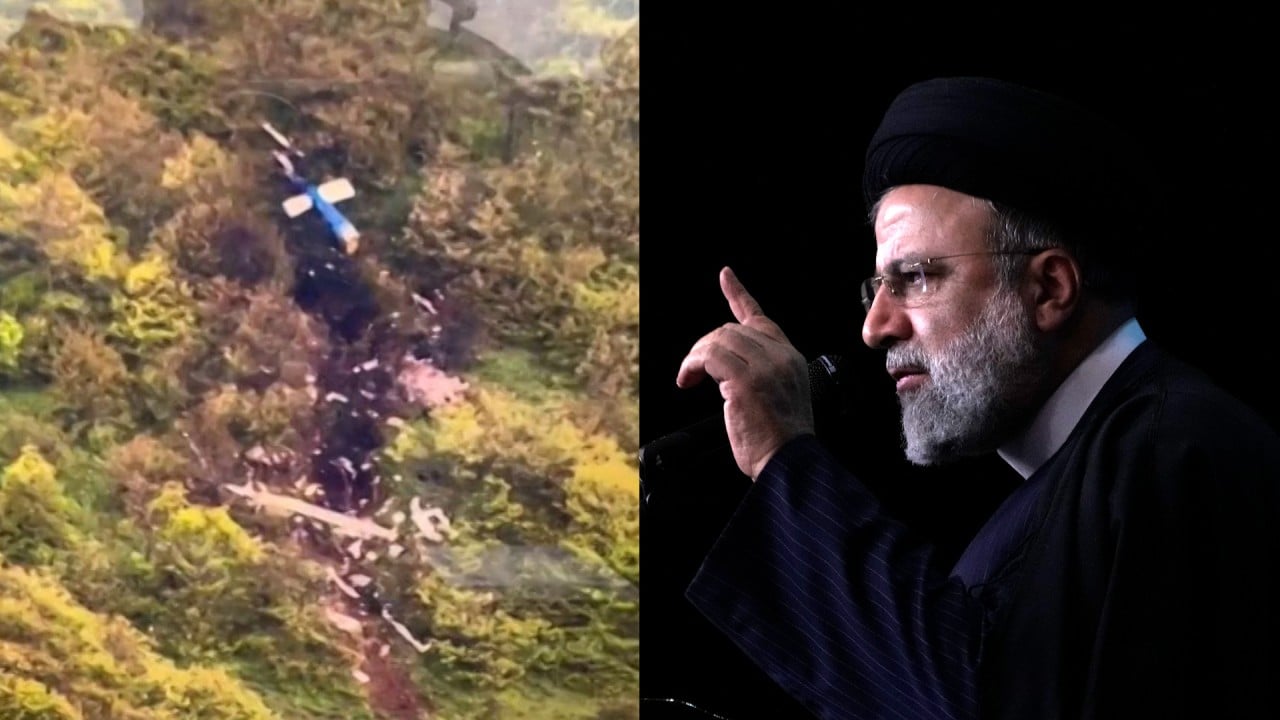The death of Iranian President Ebrahim Raisi in an air crash will intensify a power struggle between the Islamic republic’s competing hardline factions over who will eventually succeed the aged Ayatollah Ali Khamenei as supreme leader.
Despite concerns about Khamenei’s health, he remains firmly in control and Raisi’s death will not affect Tehran’s strategic policy of avoiding war with the United States and Israel, Iran experts have said.
“Domestic implications aside, Iran’s foreign policy will likely remain consistent,” said Hamidreza Azizi, an Iranian academic and visiting fellow at the German Institute for International and Security Affairs in Berlin.
He pointed out that Iran’s strategic decisions are set by the supreme leader and the Islamic Revolutionary Guard Corps (IRGC), not by the president.
“Expect continued rigidity in US relations and regional policies,” Azizi said.

Overall, the implications of Raisi’s death “would not be fundamental or a decisive blow to the system”.
It would affect intra-hardliner competition but “not the strategic direction” of the Islamic Republic in foreign or domestic politics, Azizi said.
Nonetheless, Raisi’s untimely passing has left Iran’s ruling Islamists with a dearth of candidates considered charismatic enough to replace him as president and become the top candidate to succeed Khamenei.
“There is no denying that the death of Raisi was a shock to the system,” said Mehran Haghirian, director of regional initiatives for the Bourse and Bazaar Foundation, a London-based think tank.
Raisi was “expected to serve for another five years or until Khamenei dies”, and move on to become the next supreme leader, he said.
“Not even the IRGC is ready today with a groomed candidate,” Haghirian said.
“There are dozens like them in the current system to replace. But none are ready, all have even less charisma, and there is no consensus around any one figure today,” he said.
A new candidate would emerge “in a matter of days, but the chosen figure will likely lead to further internal divisions”, Haghirian said.
Azizi said factions within the hardline camp were already competing for the role of speaker of parliament.
“Now, this rivalry will extend to the presidency, with different factions vying for dominance,” Azizi said, pointing out that the new presidential election in July would come amid historic low public participation.
Only 8 per cent of eligible voters in the capital Tehran took part in recent parliamentary elections, so mobilising voters within the next 50 days to vote for a new president “poses a significant challenge”, he said.
Raisi was one of three candidates believed to be under consideration to become Iran’s supreme leader.
Initially, Raisi was considered a mere puppet of the hardliners who ensured his victory in the 2021 presidential election by banning relatively moderate opponents from contesting on flimsy grounds.
But following recent indications by Khamenei that he disapproved of his son Mojtaba’s candidacy on the grounds that hereditary leadership is un-Islamic, Raisi had emerged as a leading contender upon the death of the Ayatollah.

The only other plausible candidate for supreme leader is Alireza Arafi, who is currently competing to become chairman of the Assembly of Experts, which will appoint the new supreme leader when Khamenei eventually dies.
However, Arafi is not viewed as a viable candidate for the Iranian presidency, as he is considered to be lacking charisma and has not previously received support for the post of president from the dominant hardline lobbies in Tehran.
“For a long time now, the succession discussion in Iran has been that it will be either Mojtaba or someone else,” said Vali Nasr, a former senior adviser at the US State Department.
After Khamenei suggested that he preferred someone else, “the only name in the ‘someone else’ category was Raisi”, he said.
“Now there is no name in that category,” said Nasr, who is now a professor of international affairs and Middle East studies at the Johns Hopkins University School of Advanced International Studies in the US.
Soon, there would be a race to identify new names for “if not Mojtaba”, he said.
“That is a fight to watch” because it took a number of years to “build up Raisi and presidency was his pathway to being supreme leader”, Nasr said.



